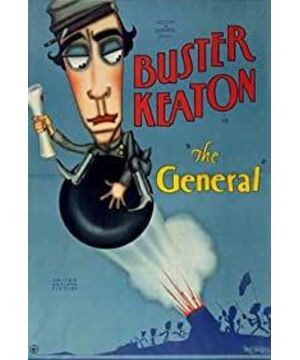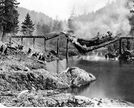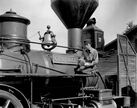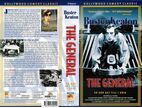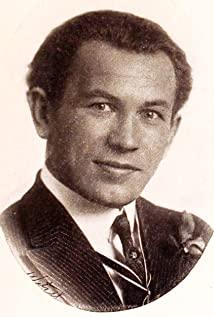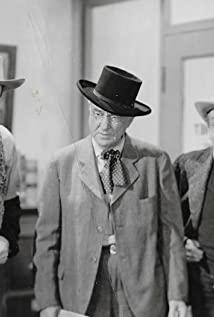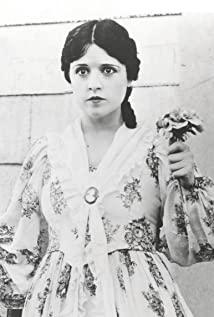Keaton's movies always make me think about it for a long time, and I can't help turning my head over and over again to see the details I might have missed.
The connection of the comedy section is very natural. Johnnie stole the food on the table, and the generals who were preparing for the meal just decided to remove the food and discuss the battle plan urgently; the cigarette butt burned the tablecloth out of the hole, and Johnnie just saw his fiancée through the hole. Kidnapping; Johnnie wanted to wrap the Tibetans and unpack a bag, which happened to contain the shoes he needed urgently.
The plot design is always unexpected. Considering that it is real shot rather than movie special effects, it is even more surprising. Sitting on the rocker of the train and being led by the train unknowingly, the thrown barrier just bounced off another barrier and rolled down to the side of the road. The shells fired in the sky just broke the dam and the river rolled down. The enemy rushed to their feet.
Maybe it's because the stunts are done in person, or Keaton is good at improvising, and some details are so real that you can't tell whether they are carefully designed or natural. For example, in the section of throwing wood on the carriage, one was not thrown up, another was thrown over the head, and another caused the wood accumulated on the carriage to fall like an avalanche. All this happened a few meters behind the actor. , It's shocking to think about it. But also because the whole process is real, the scene of Jungle Night Rush is extraordinarily fake. Although the light and shadow are used very cleverly, the hasty change of props and the flickering of the actors are a bit inexplicable.
The most commendable thing in this movie should be the two symmetrical train chasing scenes. Johnnie returned every obstacle created by the front enemy squad for Johnnie in the same way. In fact, not only the train chase scene, the general on the "General", the promise of wearing military uniforms, every foreshadowing in this movie is not wasted and echoes everywhere.
But what I like the most is the scene where Johnnie is driving towards the enemy's position alone in the torrent of his own retreat. He is not a high-ranking decision-maker to influence the overall situation, he is just a small person under the background of the big time. What he cares most about is his "General" and his fiancée. He has an inexplicable sense of honor for joining the army, and he subconsciously believes that he has the responsibility to transmit information. It wasn't for foresight, it didn't take death as home, by mistake, he completed an impossible task alone, but the hero's spotlight still failed to shine on him. When pressed by the officer, he even surrendered his military uniform with his fiancée's probing eyes down.
The story of the "General" has historical prototypes. I think it should have been a heroic story. However, Keaton's adaptation gave it a market atmosphere, and it had been teased about but did not reduce its style. "There is only one man on that engine", it's so cool.
View more about The General reviews


